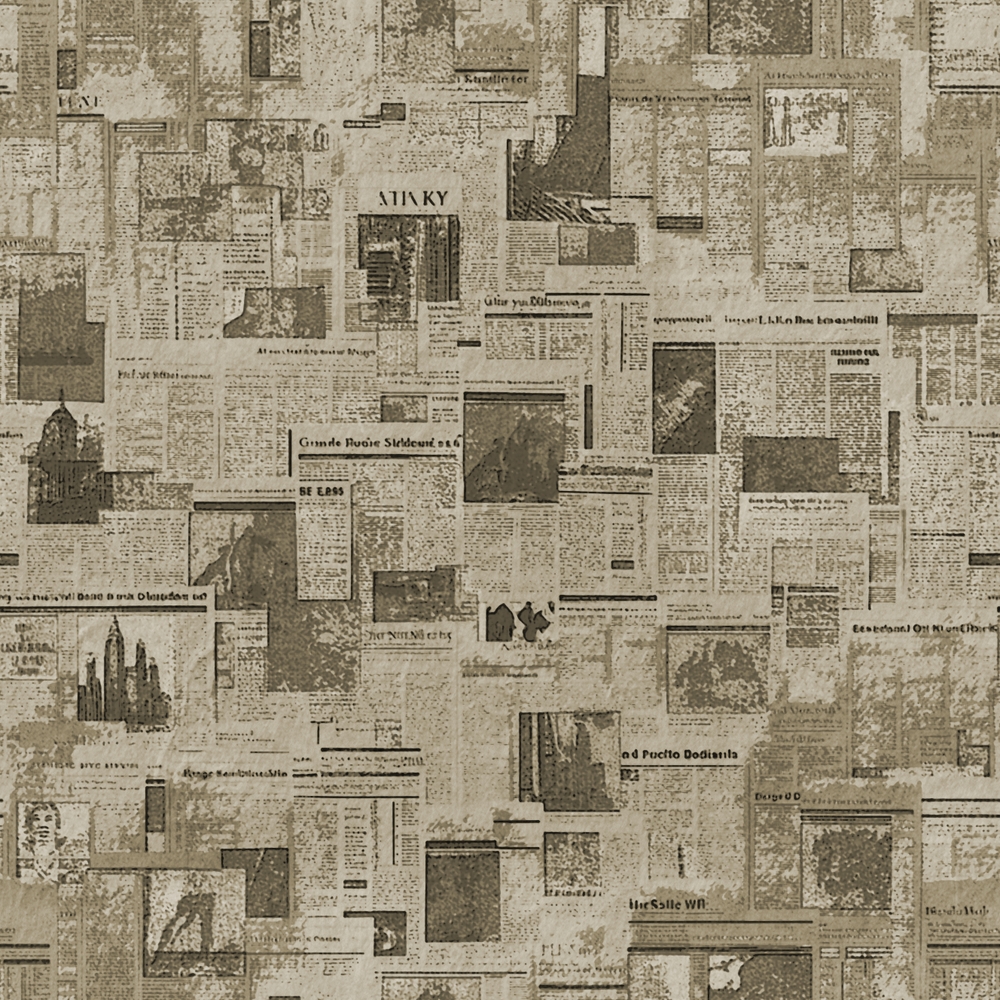All of the Torah is holy, but according to our Sages, the Song of Songs (Shir HaShirim) is the Holiest of Holies. We read this book on Pesach, say our Sages, because many of its verses allude to Y’etzias Mitzrayim, the Exodus[1] from Egypt. The liturgical poetry we read on Shabbos Chol Hamoed[2] is, in fact, based on the Song of Songs,[3] further proof of the connection between this sefer and the Pesach story.
From the plain meaning of the text, we understand that in the Song of Songs we are reading a description of the affectionate relationship between Hashem and the Jewish people. The book chronicles that loving relationship from the moment of Jewish nationhood through to the arrival of Mashiach.
The first chapter of the Song of Songs alludes to the Egyptian exile; while chapter 2 is about the Jews’ sojourn in the desert and the giving of the Torah. In chapter 3, the text is really about entering Eretz Yisroel; which leads us to chapter 4 with its allusions to the building the First Beis HaMikdash. Chapter 5 is about the destruction of the First Beis HaMikdash; but the next chapter, chapter 6, speaks of the rebuilding of the Temple, the Second Beis HaMikdash, and the history of that time. Chapter 7, once again through allusion, describes our present state of exile. We conclude the reading of the Song of Songs with chapter 8 and its allusion to the Final Redemption.[4]
In a year where there is no Shabbos Chol Hamoed, we read the Songs of Songs on the last day of Pesach,[5] because on the first day of Pesach the davening is already lengthened by the Prayer for Dew.[6] The reading of the Song of Songs is followed by the Mourners’ Kaddish.[7]
Alexander Grinberg writes the Minhagim blog, Kisvei HaKodesh, which explores the origins and development of Jewish customs.
[1] See, for example, Song of Songs 1:9 “To my horse in Paroh’s chariots.” Otzar Taamei HaMinhagim.
[2] See for example, Yotzros, in Machzor Zichron Meir, ArtScroll 2018, pgs. 337-340. 343, 347-348.
[3] Based on the Rama, Orach Chaim, 490:9. See also the Magen Avrohom (8), and the Levush chapter 5.
[4] Haggadah Siach Sifsoseinu (Rav Chaim Kanievsky, 2015), pgs. 121-122.
[5] Pri M’gadim, 8, The second day of Pesach can never be Shabbos according to the Jewish calendar system.
[6] Haggadah Be’er HaChaim (Rav Elimelech Biderman, Oz V’Hadar, 2014) pg. 286.
[7] See Levush.


